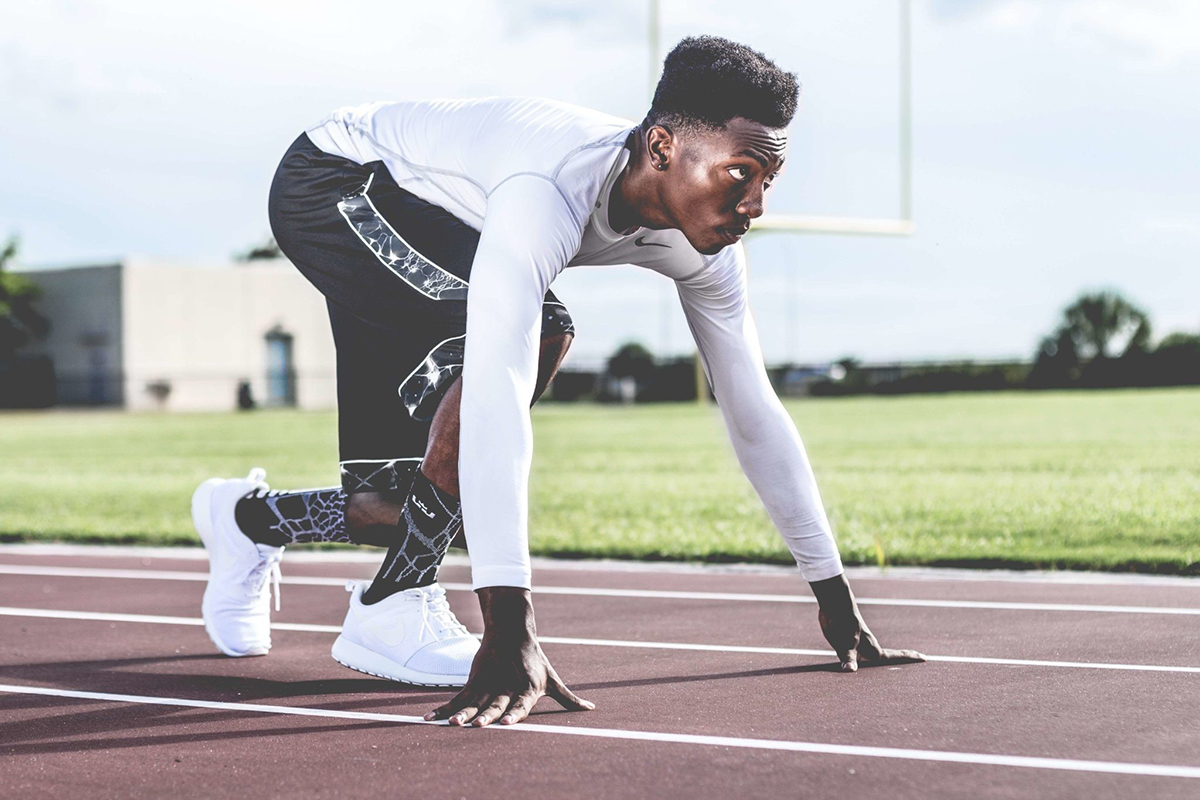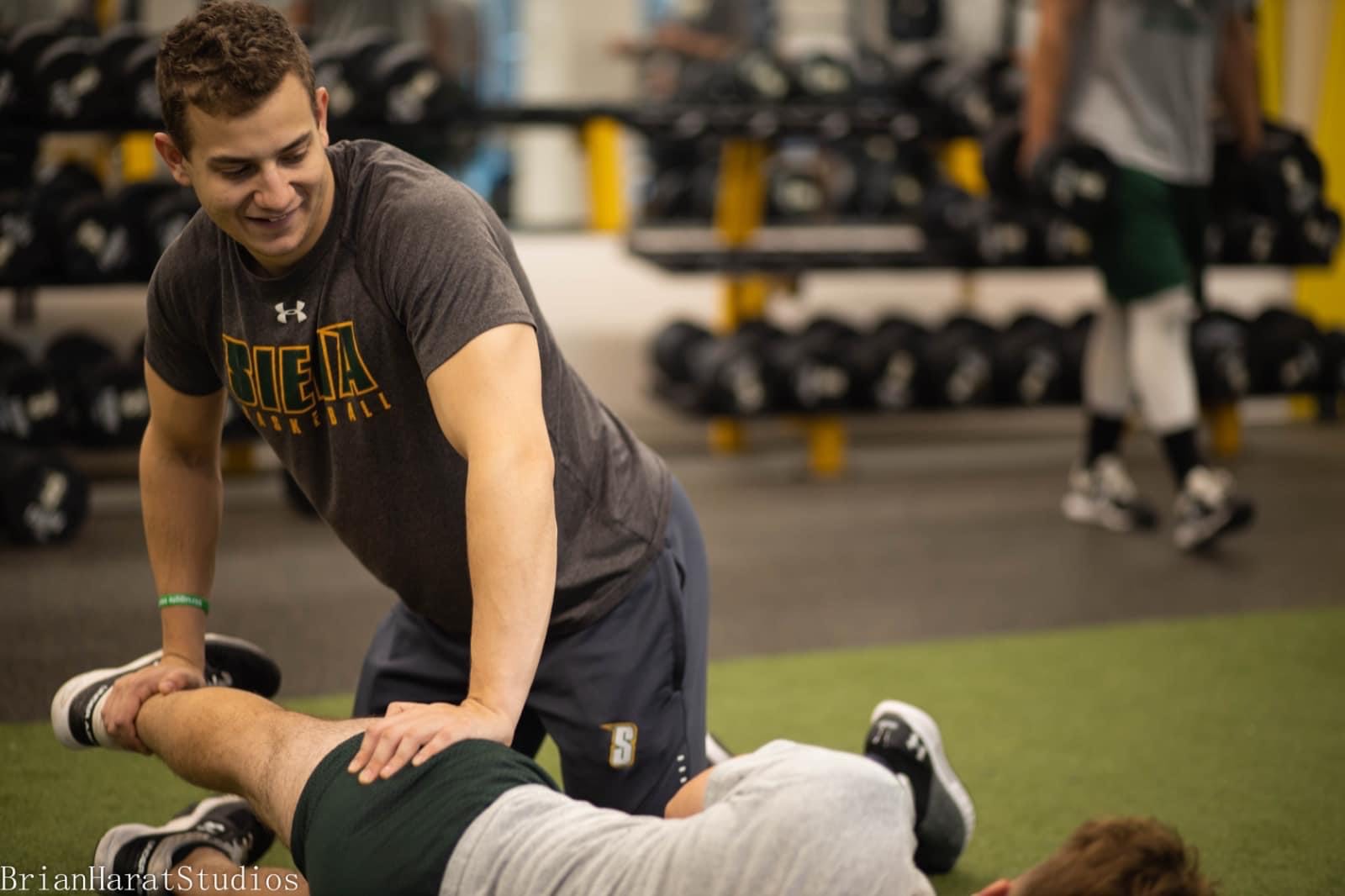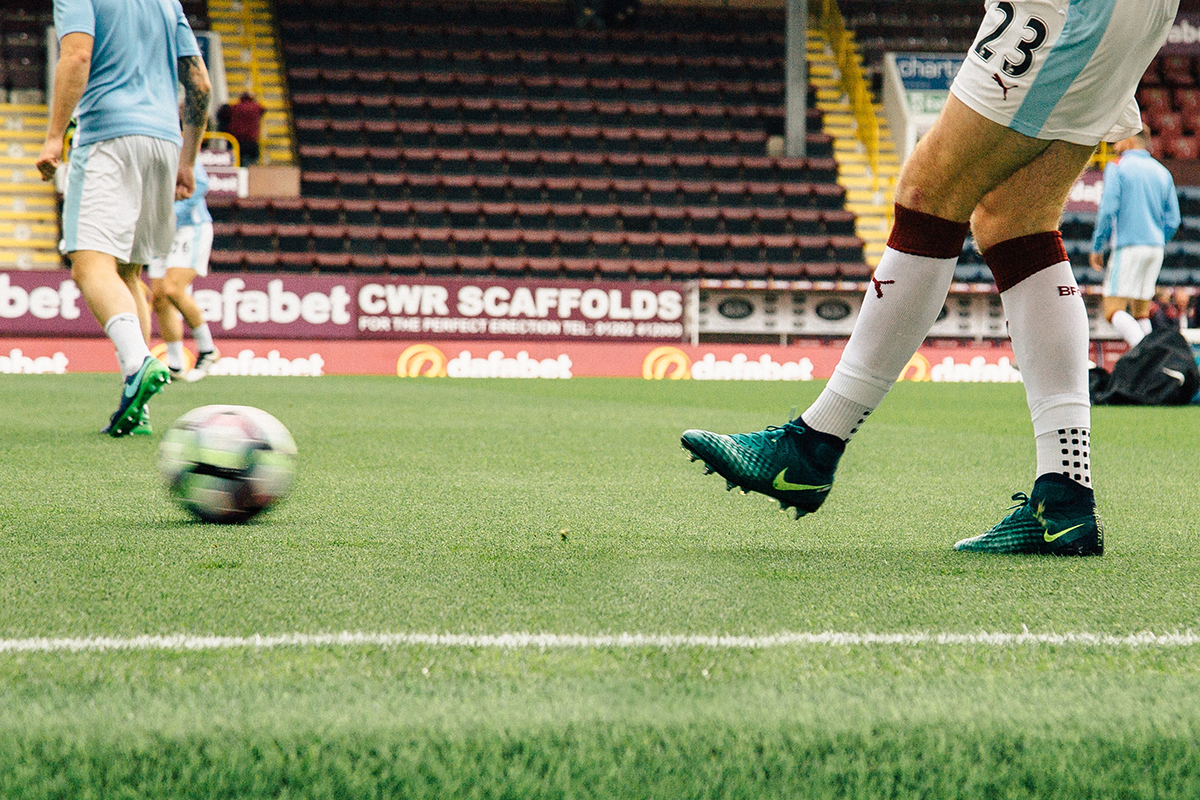Cali Werner: You should do this because you love it
This interview was originally posted at iocdf.org/blog on February 28th, 2020, shortly before Cali Werner competed in the U.S. Olympic Marathon Trials.
Cali Werner is a marathon runner who will be participating in the 2020 U.S Olympic Marathon Trials in Atlanta this Saturday. She also has OCD and is a licensed family therapist at Houston OCD Program.
Cali kindly talked to the IOCDF about her history with OCD and her running career shortly before shipping out to Atlanta for the race. Thank you to Cali for sharing your story and raising awareness!
What is your history with OCD?
My parents started noticing OCD symptoms in me before I did. They say that as soon as I could talk I struggled with scrupulosity so I would go around the house and say, “Sorry God, Sorry God, Sorry God and they found out later it was because I was worried that I had possibly said a lie or done something and God would let my nose grow like Pinocchio—so I tapped my nose to make sure that wouldn’t happen.
I didn’t really know what was going on until I was 21...I ran for Rice University and was trying to qualify for nationals in cross country and I was taking a class in psychology on anxiety disorders. My anxiety went through the roof and I started diagnosing myself with everything. I was also really afraid that I would hurt someone so I wasn’t going to bathrooms by myself anymore. I had a class on a higher floor that I’d have to take this big staircase up to and I was pushing myself against the wall because I was afraid I’d jump over the railing.
How did your OCD intersect with running?
This was all around a big race that I had to run to try to qualify for nationals. For me, any time I had a big race coming up symptoms would always increase, so it kind of made me hate the sport for a while because I would just have really bad OCD around the time of a race. Even in high school my coach would have to tie my shoes because I couldn’t get them just right, and with my safety pins to put my number on, I’d always have to finish at the top because it was closer to God. I couldn’t wear three bobby pins because it was a multiple of six so I would have to put four in.
But when I was 21 that’s when I wasn’t even really able to function, people would talk to me and I’d be so in my head. I ended up qualifying but I went home for Christmas break and my mom said, “What in the world is going on with you?” I had actually gotten sent to someone through the grapevine to a hypnotherapist and so of course that triggered my OCD way more, and then finally got put to the right person for ERP and med management and it was life-changing for me.
I had lived so long with OCD waxing and waning, until it got so bad that I couldn’t handle it, and it really changed my life. It completely changed my career path. I was wanting to be a sports reporter and so I went from that to get my degree in social work to be a clinician for OCD which led me to the Houston OCD Program. But the biggest part for me is that it was so freeing once I got therapy because then I learned how to love running again. Once I finished college a lot of that pressure was gone. I’m running because I want to now.

How is the Trials training affecting you mentally?
Every once in a while of course I have intrusive thoughts. But instead of giving in to that compulsion, or trying to be more rigid about my running, I remember that it never has to be that way again, because I know what to do.
How did you become interested in athletes with OCD?
I did my second-year internship at Baylor College of Medicine with their OCD program, and I developed this passion [about how] there are so many athletes that have symptoms that kind of look like OCD. Baseball players have to do things a certain way, or a lot of superstitious behaviors and at one point does that become OCD behaviors. I started sending out surveys to Division I collegiate athletes all over and I had over a hundred responses and found out for one that there are a lot of coaches that think you have to be “a little bit OCD” to perform well, and that’s not the case at all. We know that no matter what if OCD worsens, symptoms get worse. But a lot of coaches think that OCD is just perfectionistic tendencies.
Ultimately, I want to continue this type of research because a lot of athletes do engage in compulsions for more than an hour a day, so they do meet some of the criteria for OCD...I think that there are quite a few athletes that are struggling with some kind of anxiety disorder that aren’t getting the help that they need.
What advice do you have for athletes with OCD?
You should do this because you love it, not because you feel like you have to. Because ultimately for me when OCD was taking over, there was a time when it’s doable and maybe you can get through it, an athlete can get to the starting line or get to the field on time, until they can’t. Once the symptoms get bad enough—because they will without treatment—that’s when we no longer see this desire to play the sport because they’re not in control anymore, the OCD is. So I think just being cognizant that if you’re doing these compulsions for your sport eventually that leads to burnout, so get the help that you can because you deserve to love your sport.
Does running help with your OCD?
Running definitely calms me down. It brings my general level of anxiety down.
Are you excited to be an OCD role model?
I would hope to be a role model. I’m definitely not perfect, and still have my own intrusive thoughts. I think the biggest fear for so many people with OCD and anxiety is am I ever going to get better. And what I always say is with ERP you never have to be as bad off as you were. And so I look back to those really hard times when my OCD was at its worst and it’s never had to be like that again. There is hope and you can get better and you never have to be as bad off as you were. So that’s what I hope to show others because I do feel like I’m in a good place right now coming from someone that really hated her sport because of OCD for a period. But now, being able to love it again and run because I want to, that’s really empowering.
What’s your strategy going into the trials?
Starting off conservative. And then for me the advice that I always give other runners is there’s always something left in the end, no matter how tired you are. So hopefully if I’m feeling good by mile 20 I can really pick up that last 6.2 miles and give it all I’ve got.
What’s your running mantra?
- “I can do all things through Christ who gives me strength.”
- “Remember why you’re doing this.”
- “The pain of discipline is so much greater than the pain of regret.”



